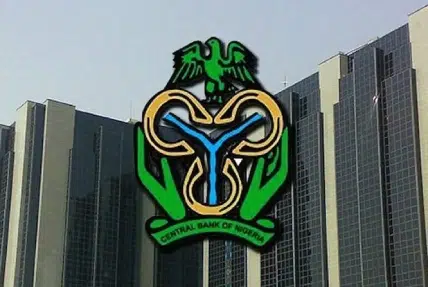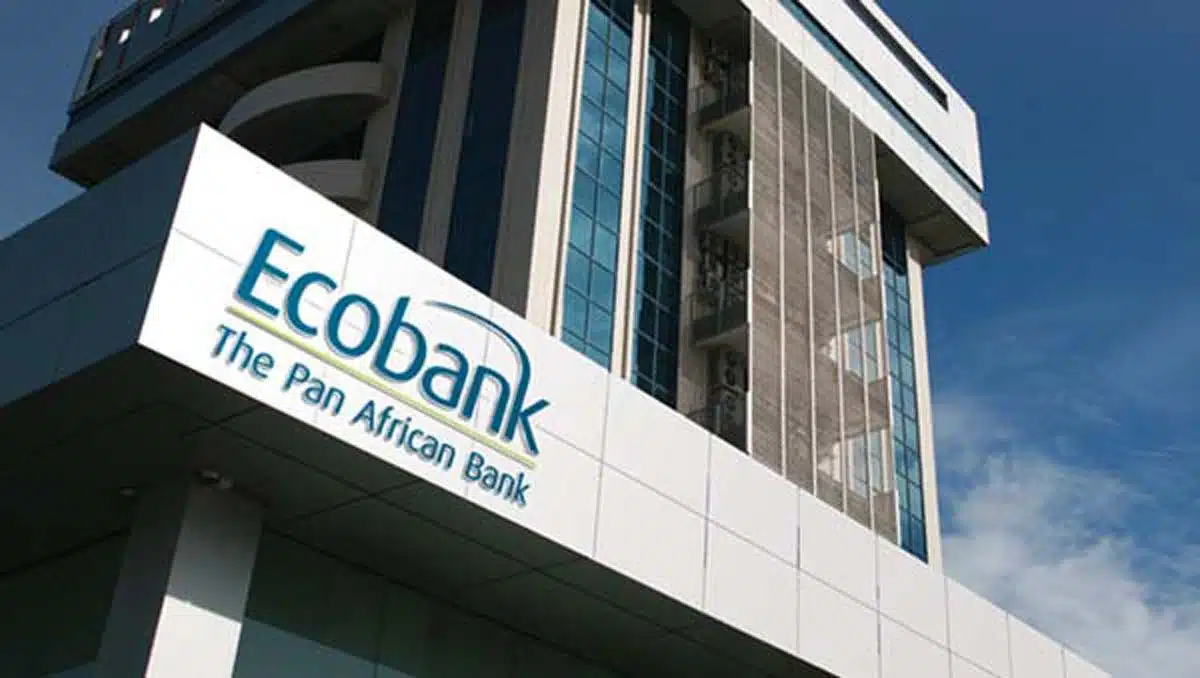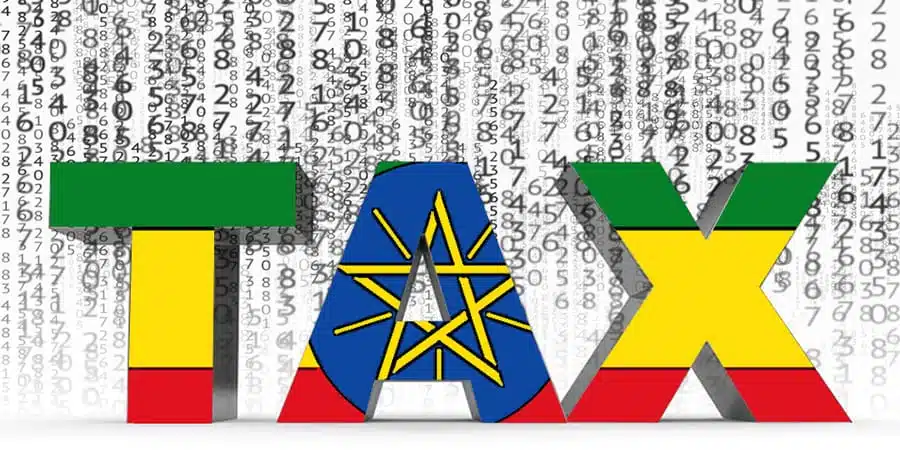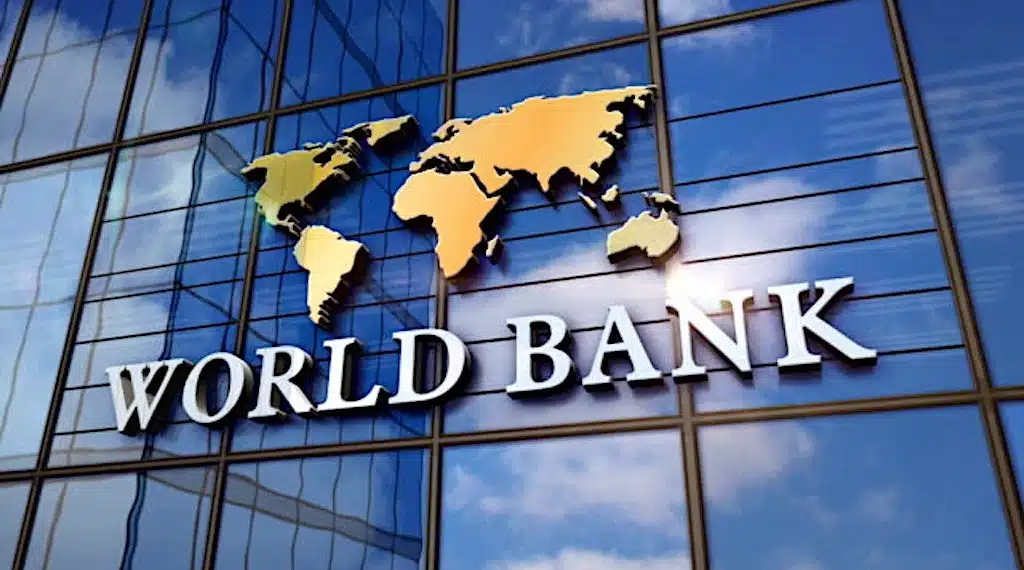Nigeria’s central bank has confirmed February 19-20 as the dates for its first Monetary Policy Committee (MPC) meeting of the year, despite delays in the release of January inflation data.
This development is worthy of note because the Central Bank of Nigeria (CBN) relies on inflation figures, among other economic indicators, to make key decisions that will shape the country’s economic direction in the coming months.
The apex bank often adjusts its benchmark interest rate based on inflation trends.
The CBN announced the meeting dates on Monday via its X account, publishing the update in four major local languages.
The meeting was originally postponed to February 17-18, putting an end to speculation about further delays.
The lack of data stems from the National Bureau of Statistics (NBS) failing to release its latest inflation report, despite assurances that it would introduce a rebased Consumer Price Index (CPI) by the end of January.
The NBS plans to use 2024 as the base year for more accurate inflation tracking.
When contacted by Finance in Africa about the delay, the NBS stated that the report was in progress and would be released soon.
“We are working very hard on it and it will be launched soon,” said the agency’s director of communication and public relations, Sunday Ichedi.
However, the agency has yet to meet this commitment, missing its customary January inflation data release date of February 15.
With the MPC meeting just three days away, it remains uncertain whether the statistical bureau will release the necessary figures in time for the central bank to factor them into its decision-making.
It would be recalled that in November 2024, the MPC raised the benchmark lending rate to 27.50%, marking the sixth consecutive increase aimed at addressing rising inflation, which stood at 33.88% in October 2024.
The Committee maintained the asymmetric corridor around the MPR at +500/-100 basis points, the Cash Reserve Ratio at 50% for Deposit Money Banks and 16% for Merchant Banks, and the Liquidity Ratio at 30%.
Despite these measures, inflation continued to climb, hitting a near 30-year high of 34.8% in December 2024—the highest rate recorded among major African economies during that period.
However, governor Yemi Cardoso has maintained that the CBN remains committed to fostering macroeconomic stability, sustaining policy consistency, and ensuring long-term resilience for the Nigerian economy.
Speaking at an economic conference in Saudi Arabia on Thursday, Cardoso said, “Nigeria’s tough but necessary policy decisions are paying off.”






